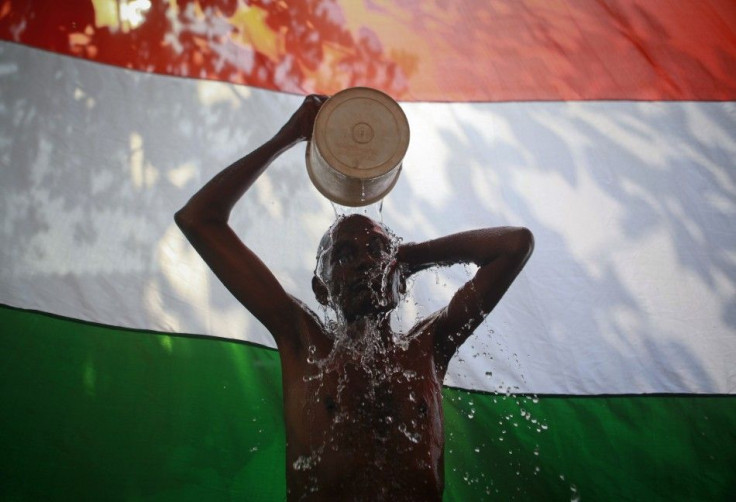Lynched For Pumping Water: Murder Of 'Untouchable' Reflects India's Entrenched Caste System

An Indian man was killed last week for taking water from a neighborhood pump during a heat wave, reported Agence France-Presse.
Mohan Paswan was a middle-aged man who lived in the village of Parhuti in Bihar state. Police said he was lynched because his status as an Untouchable -- or an outcaste, considered the lowest social strata in India -- meant that he was not allowed to use the same pump as his neighbors.
As local policeman Saroj Kumar told AFP, Paswan was attacked and brutally thrashed by a village strongman Pramod Singh and his henchmen for taking water. Police have been trying hard to arrest the accused in the case but they are absconding.
Bihar is a poverty-stricken state in northeastern India where caste-related violence is particularly prevalent, but so-called Untouchables also face segregation in other areas across the country.
This system of social stratification is a feudal tradition that has persisted in India despite centuries of modernization.
The ranks in Hindu society come from a legend in which the main groupings, or varnas, emerge from a primordial being, reports National Geographic. From the mouth come the Brahmans -- the priests and teachers. From the arms come the Kshatriyas -- the rulers and soldiers. From the thighs come the Vaisyas -- merchants and traders. From the feet come the Sudra -- laborers.
The Untouchables, also known as Dalits, are said to come from no part of this primordial being. They are considered impure, and this discrimination is often justified by a belief that they inherited bad karma after committing sins in past lives.
This mindset has been challenged by many activists and several government officials in India over the decades (including the iconic Indian independence leader Mahatma Gandhi), but some discrimination persists -- especially in remote regions of the country.
In these areas, the untouchables endure de facto institutionalized segregation -- they reside in separate neighborhoods, live according to separate behavioral codes and drink from separate fountains. They are regularly beaten, humiliated and ostracized, sometimes even raped and murdered.
The International Dalit Conference, which took place in May in Vancouver, Canada, claimed that of all the Indians who live in poverty today, 90 percent are Dalits. They also make up 95 percent of the country's illiterate population, the conference officials stated.
The Indian national constitution adopted in 1950 makes these practices illegal, but the law has not effected real change for many of the country's 200 million Dalits. Today, caste-related conflicts still erupt frequently in India.
On Monday in the state of Chhattisgarh, a woman named Pinkai Rajak was sentenced to 60 years of ostracism for accepting work as a street sweeper. Such jobs are relegated to the Dalits, argued village elders. Since Rajak belonged to a higher class, they decided, her decision brought shame to the community.
And back in Bihar, a man named Brahmeswar Singh was shot to death on June 1 due to his leadership role in a militant group called Ranvir Sena. Singh has been called the Butcher of Bihar for allegedly directing the massacre of Dalits in the area.
Paswan's death is one more indication that caste divisions remain strong in many regions of India, especially in remote areas where the official rule of law against such discrimination has yet to be applied.
© Copyright IBTimes 2024. All rights reserved.






















